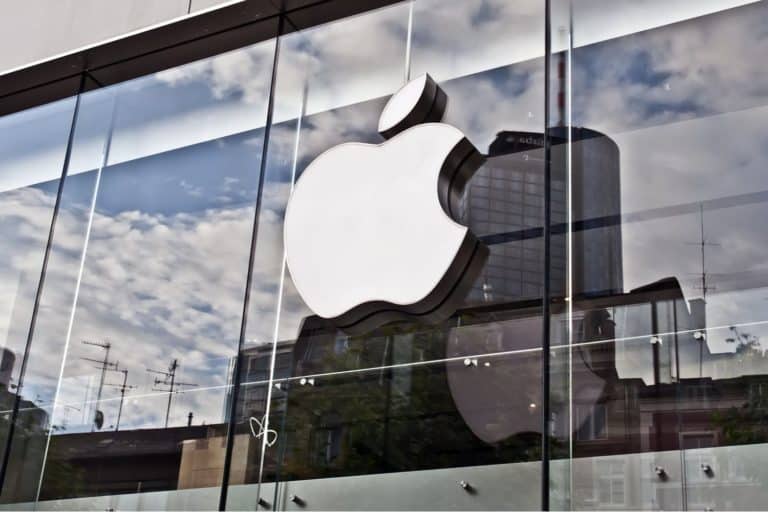Apple reverses the decision to force the free WordPress app on iOS to offer in-app purchases. The company apologizes and says it was a misunderstanding.
WordPress founder Matt Mullenweg announced on Friday that the company could no longer release updates for the iOS app after Apple blocked the app. WordPress for iOS is a free app that connects to the company’s free open-source CMS. WordPress also sells domain names and business and personal web hosting packages.
According to the App Store policies, the app is part of a multi-platform service. It is not allowed to offer paid packages on any other part of the platform without also making them available on the app. This means that WordPress must support in-app purchases to get updates again.
No in-app purchases after all
According to The Verge, WordPress had already begun implementing in-app purchases which meant Apple would pocket 30 percent of each purchase. Yet Apple is now reversing its decision. “Since the developer removed the display of their service payment options from the app, it is now a free stand-alone app and does not have to offer in-app purchases. We have informed the developer and apologize for any confusion that we have caused.”
While this is good news for WordPress, Apple’s phrasing is still confusing. The app has always been a free stand-alone app, and, according to Mullenweg, there has never been an option to buy paid packages through the WordPress app without Apple’s interference.
App Store faces criticism
Apple, and especially the App Store, has been facing criticism for some time because of its strict rules for applications. Earlier this month, Apple removed the popular game Fortnite from the App Store, resulting in developer Epic suing the tech giant. Since then, Apple has threatened to ban other games of Epic, but also games that use Epic’s Unreal Engine.
In the United States, Apple is currently under investigation for potentially anti-competitive behaviour. Late last month, the company had to defend itself before the antitrust commission of the U.S. House of Representatives in a historic hearing.
Tip: Apple and Google remove Fortnite, developer files lawsuit
